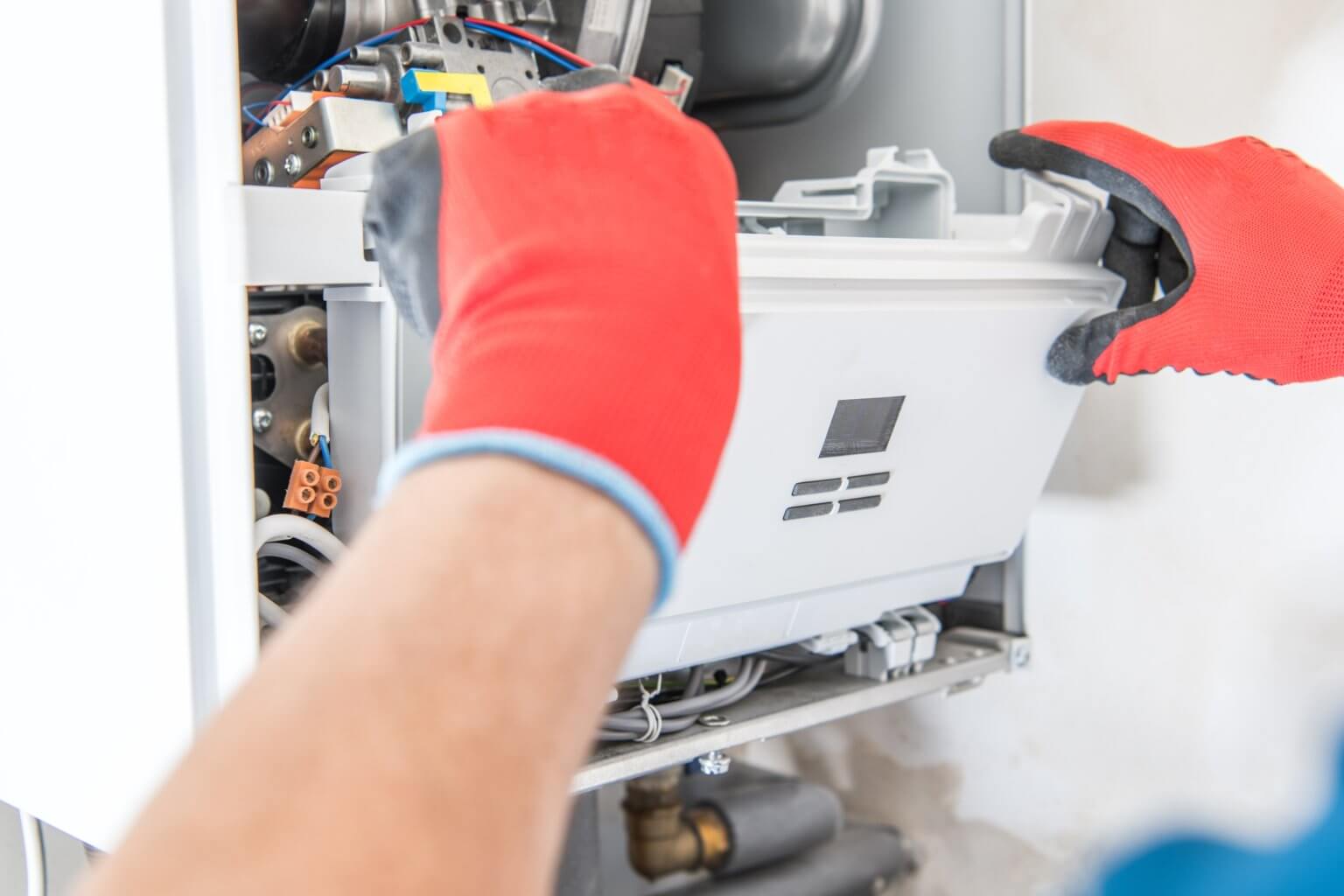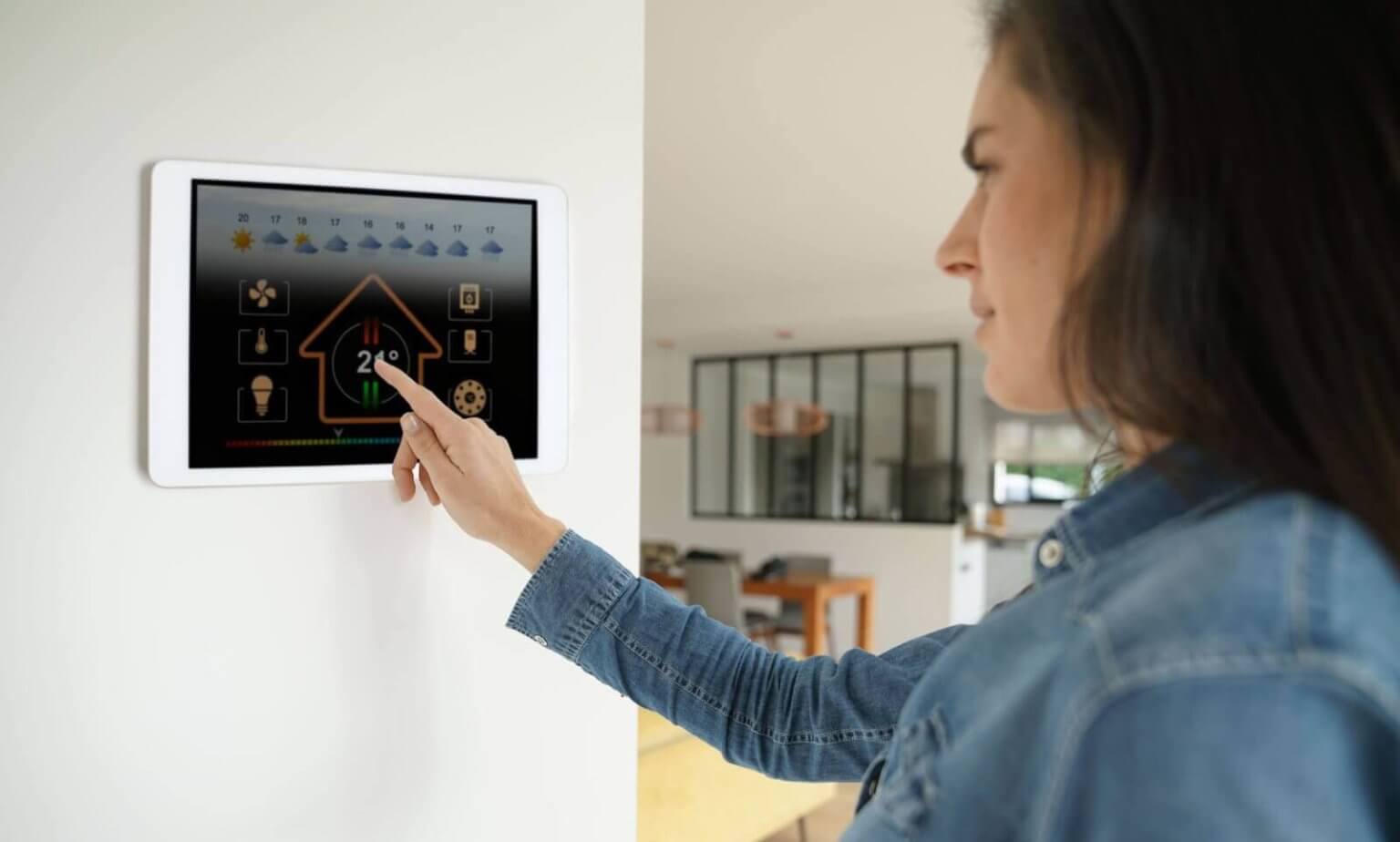What Do HVAC Contractors Charge Per Hour?
When it comes to maintaining a comfortable environment in your home or business, understanding the costs associated with hiring an HVAC contractor is crucial. Whether you're facing a heating crisis in winter or an air conditioning emergency in summer, knowing what to expect can make all the difference. So, let’s dive into the details of what HVAC contractors charge per hour and what factors influence these rates.
What Do HVAC Contractors Charge Per Hour?
The hourly rate for an HVAC contractor can vary significantly based on several factors, including location, experience, and the complexity of the job. On average, homeowners can expect to pay anywhere from $50 to $150 per hour for labor. However, it's essential to consider that this is just a ballpark figure; actual rates may fluctuate depending on various circumstances.
1. Factors Influencing HVAC Contractor Rates
1.1 Geographic Location
One of the primary factors that affect HVAC contractor rates is geographic location. Urban areas tend to have higher living costs, which translates into higher service rates. For instance:
- Major cities: Expect rates closer to $100-$150 per hour.
- Suburban areas: Rates might range from $75-$125.
- Rural locations: You may find more affordable options at $50-$80 per hour.
1.2 Experience and Expertise
Experience plays a vital role in determining how much an HVAC contractor charges per hour. A seasoned professional will command higher fees due to their expertise and knowledge:
- Entry-level technicians: Typically charge around $50-$70 per hour.
- Mid-level professionals: Can charge anywhere from $70-$100.
- Highly experienced specialists: Rates may soar up to $200 or more for complex systems.
2. Types of HVAC Services and Their Costs
2.1 Installation Services
Installing new heating or cooling systems is one of the most significant expenditures for homeowners. The hourly rate here can be influenced by:
- Type of system (central air conditioning vs. ductless systems).
- Size of the installation area.
Expect installation costs (including labor) to range from $3,000 to $10,000, depending on these variables.
2.2 Maintenance Services
Routine maintenance is essential for prolonging the life of your system and ensuring efficiency:
- Basic maintenance services (like filter changes) might cost about $75-$150.
- Comprehensive annual check-ups could run you between $150-$300.
3. Emergency Services Pricing
Sometimes HVAC issues crop up when you least expect them—like during a heatwave! Emergency service calls generally come with a premium price tag:
- After-hours rates often add 20%-50% on top of standard hourly charges.
If your air conditioner breaks down at midnight during peak summer, prepare yourself for those extra costs!
4. How Do Service Contracts Affect Hourly Rates?
Service contracts can provide peace of mind as they often include regular maintenance checks at a reduced rate compared to standalone services:
- Many companies offer packages where you pay upfront for services over a set period.
This way, you might find that your effective hourly cost reduces significantly if you use their services frequently.
5. Additional Fees You Might Encounter
It’s not just about the hourly wage; there are additional fees that may apply during your service call:
| Fee Type | Description | Estimated Cost | |-------------------|--------------------------------------|----------------------| | Diagnostic Fee | Charge for troubleshooting | $75 - $150 | | Travel Fee | Distance-based charge | Varies by location | | Parts & Materials | Cost of necessary replacements | Varies widely |
Understanding these additional charges can help you budget more effectively for your HVAC needs.
6. What’s Included in Hourly Charges?
When you hire an HVAC contractor, their hourly rate typically includes several components:
6.1 Labor Costs
This is the base fee for the technician's time spent working on your system.
6.2 Overhead Costs
Contractors also need to cover overhead expenses such as insurance, tools, and transportation.
6.3 Warranty Coverage
Many contractors offer warranties on their work which adds some assurance that you'll receive quality service without incurring extra costs post-repair.
7. Seasonal Demand and Its Impact on Pricing
Just like any other service industry, demand affects pricing dramatically in heating and cooling sectors:
- Winter sees increased demand for heating repairs leading to potential price hikes.
To save money, consider scheduling non-emergency services during off-seasons when demand drops.

8. Payment Options Available with Contractors
Most reputable contractors offer flexible payment options:
8.1 Cash Payments
Many contractors prefer cash payments due to lower transaction fees.
8.2 Credit Card Payments
Credit cards allow homeowners flexibility but ensure there are no added fees associated with using them.
8.3 Financing Options
Some companies provide financing plans allowing you to spread out payments over time—this helps manage large repair or replacement costs significantly better!
FAQs
Q1: How often should I have my HVAC system serviced?
A1: It's recommended to schedule maintenance twice a year—once before summer and once before winter—to ensure optimal performance.

Q2: Are there any hidden fees I should be aware of?
A2: Always ask about diagnostic fees or travel charges upfront to avoid surprises later on!
Q3: Can I perform DIY repairs instead?
A3: While minor tasks like changing filters are manageable, complex repairs should always be left to trained professionals unless you're highly experienced.
Q4: How do I know if I’m being charged fairly?
A4: Research average local rates beforehand and obtain multiple quotes from different contractors—it’s crucial!
Q5: Will my equipment brand affect labor costs?
A5: Yes! Click for info Some brands require specialized knowledge which could lead contractors charging more due to increased complexity involved in servicing those units.
Q6: What happens if my unit breaks down outside regular hours?
A6: Be prepared for extra charges if you call an emergency service after hours—they usually charge higher rates compared with standard business hours!
Conclusion
In summary, understanding "What Do HVAC Contractors Charge Per Hour?" involves diving deep into various aspects such as geographical differences, experience levels among technicians, types of services offered—installation versus maintenance—and even seasonal demand fluctuations!
By being informed about these factors along with potential additional fees involved in hiring an HVAC contractor ensures that you'll be better equipped when it comes time for making decisions regarding your home's comfort systems! Always remember—the best way forward is through research and communication with trusted professionals who prioritize transparency throughout every step!